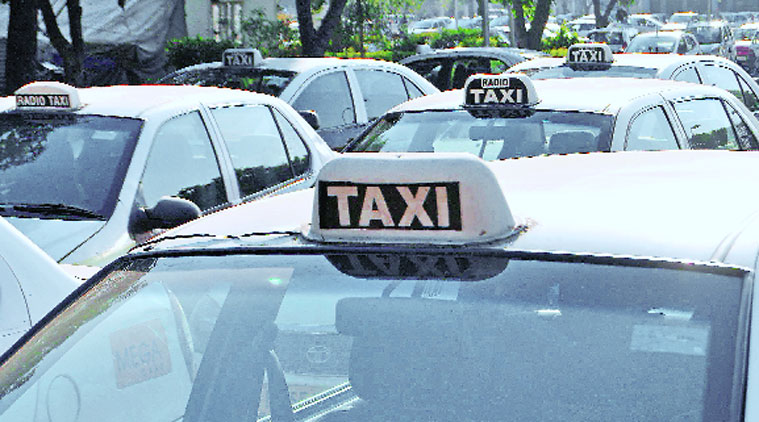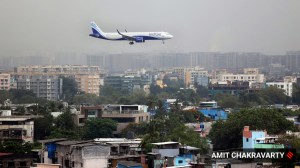Stay updated with the latest - Click here to follow us on Instagram
High Court refuses to stay order to ban web-based taxis
The bench granted four weeks' more time to the Chandigarh administration to file its reply in the case.
 The case will be heard next on February 2. (Source: Express Archives)
The case will be heard next on February 2. (Source: Express Archives)The Punjab and Haryana High Court on Monday refused to stay the order of Chandigarh State Transport Authority (STA) to ban web-based taxis being operated by Meru Cabs and Taxi For Sure in Chandigarh.
However, the division bench comprising Justices Satish Kumar Mittal and Deepak Sibal granted four weeks’ more time to the Chandigarh administration to file its reply in the case. “We are not inclined to stay the stay orders by Chandigarh administration. We are much concerned about safety of citizens,” the court expressed, after hearing the arguments advanced by the senior counsel appearing for Serendipity Infolabs Private Ltd.
The issue had obtained national attention as a sequel to serious incident of sexual violence in New Delhi last month in an internationally renowned web-based cab service, Uber Cabs, which did not confirm to the National Capital Territory Regulation of Radio Taxi Scheme-2006. The Chandigarh STA had on December 11 suspended services of Uber cabs, Meru Cabs and Taxi For Sure in the city for plying without permission of the STA.
The court was hearing two petitions filed by V-Link Automotive Services, owner company of Meru Cabs and Serendipity Infolabs Private Ltd. who runs Taxi For Sure whose operations were banned by the STA on December 11 last. Both the companies had approached the high court challenging Chandigarh STA’s decision on the ground that its order fails to take into account that each of the tourist taxi vehicles operating under their brand has an existing and valid permit that allows each taxi to operate on all India basis.
The senior counsel appearing for Serendipity Infolabs Private Ltd. argued, “We are web based portals and there are various taxi operators registered with us and they all have stage carriage permits. We are registered with the government of India, ministry of telecom.” He further added, “we are prejudiced by what has happened in Delhi (Uber Cabs’ case) and our business has suffered.” But to this, the court replied, “We are not prejudiced but we are more cautious now.”
However, the senior counsel informed the court that the STA had not even granted an opportunity of hearing to the company before taking the decision. The court was informed that the petitioner company could not have sought registration under the Radio Cab Service scheme since the Radio Cab Service scheme is not applicable to it. Both the companies providing web-based taxi service were banned from operating in the city
The case would now come up for hearing on February 2.







